Psoriasis treatment and cure
Psoriasis is a long term medical condition that inflicts the epidermis and is one of the most commonly seen epidermal disorders in India. In Psoriasis, the skin cells grow at an abnormally fast rate, causing dense silvery white or red spots to form on the skin surface. The term Psoriasis has Greek roots and means ‘an itchy condition’. Even though in many cases the scaly papules formed in Psoriasis may not be itchy, the term covers the other accompanying symptoms of the condition.
Psoriasis treatment in India is available from dermatologists and skin specialists. But before availing any professional assistance, it is important to understand how the condition is caused and how it can be cured.
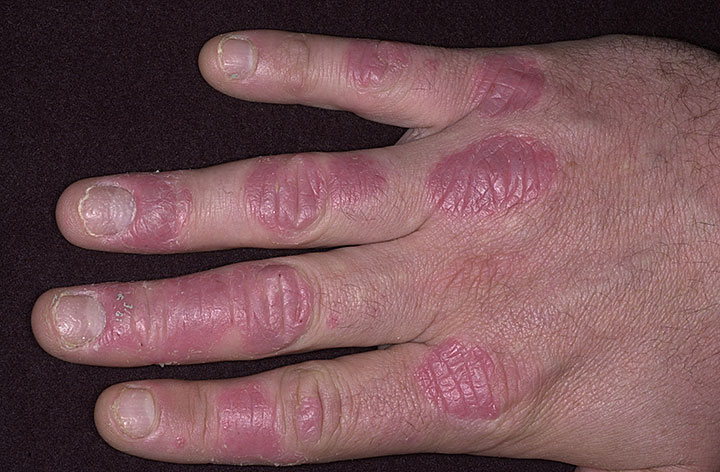
What Causes Psoriasis?
Psoriasis is a skin condition which is primarily caused by a malfunctioning immunological system. The immune system incorrectly identifies normal skin cells as a pathogen and start sending immunological indicators to the affected area, causing excessive production of new skin cells to replace the apparent pathogen diagnosed incorrectly. As a result, Koebner Phenomenon is observed in localized skin areas affected by Psoriasis.
It is generally a hereditary condition which is triggered by environmental factors. So while Psoriasis can’t spread by touch it can be inherited from parents to children. Environmental factors that can serve as a stimulus for Psoriasis are oxidative anxiety, stress and abrupt withdrawal from a systemic corticosteroid.
Risk factors associated with Psoriasis
Although the most pronounced symptom of Psoriasis is seen in epidermal cells, the condition can also pose risk to the normal functioning of numerous organ systems. Following risk factors are known to be associated with Psoriasis –
High risk of developing cancer
Cardiovascular illnesses
Auto-immune disorders like Crohn’s disease
Ulcerative Colitis
Types of Psoriasis
Psoriasis can be broadly categorized into the following five types –
- Plaque: Manifested in the form of inflamed skin covered with silvery white or red scaly patches. This is the most common form of Psoriasis and can be observed in areas like knees, elbows, scalp, soles, palms, back and genitals.
- Guttate: Also known as Eruptive Psoriasis, Guttate is usually triggered by a microbial infection in the Upper Respiratory Tract. Guttate Psoriasis is manifested in the form of tiny lesions (0.5 to 1.5 cm in diameter) which start off as red, itchy spots and develop into larger white lesions with yellowish pale centers.
- Inverse: Also known as Flexural Psoriasis, Inverse is manifested in the form of spots or lesions in the folds of skin. Inverse Psoriasis usually affects areas such as the genitals, intra-gluteal crease, mouth, ears, navel and skin folds beneath the breasts.
- Pustular: As the name suggests, Pustular Psoriasis is accompanied by elevated pustules filled with non-infectious pus. Pustular Psoriasis is generally localized and can be manifested as red, sensitive pustules on arms and legs.
- Erythrodermic: Extensive swelling and flaking off of the skin all over the body is the manifestation of Erythrodermic Psoriasis. Unexpected withdrawal from systemic glucocorticoids can serve as a trigger to this type of Psoriasis. It is generally considered as an extreme stage of infection can severely impair the skin’s capability to perform barrier functions.
Effect of Psoriasis on Nails
Psoriasis is essentially a condition that affects epidermal cells and that extends its manifestations on the nails and the surrounding skin too. Nail Psoriasis can have the following symptoms –
Crumbling of nails
Subungula Hyperkeratosis or Thickening of epidermis beneath the nails
Formation or yellowish (oil spots) or reddish (salmon spots) stains on nails
Whitening of nails
Capillary bleeding beneath the nails
Oncholysis or loosening and eventual separation of nails
How to cure Nail Psoriasis:-
While Psoriasis can’t be cured and is likely to recur despite corrective measures, treatment is possible for the condition. Treatment for nail psoriasis and other types of psoriasis can be performed by:-
- Applying topical agentssuch as corticosteroids supplemented with mineral oil, Vaseline and other emollients.
- Phototherapyin which specialized UV light (at 311-313 UVB wavelength) is directed at the affected area. PUVA or Psoralen and Ultravoilet A Phototherapy is also known to be highly effective.
- Systemic therapy- which consists of oral or intra-venous medications like fumarates, ciclosporin, hydroxycarbamide, methotrexate, retinoids, etc.
- Biological Immunomodulator injections like secukinumab, infliximab, adalimumab, etc.
- Eximer Laser application on localized psoriasis.
Most doctors begin the psoriasis treatment in India with topical medication. Though psoriasis cannot be completely cured, symptomatic relief can be obtained by using creams and ointments. For the face and other areas which are very sensitive corticosteroid ointments which have a low potency are advisable. In Mumbai, psoriasis treatment by cosmetologists includes medicated foams and shampoos which can help in alleviating the problem to a very large extent. Treatment of psoriasis in India is done in almost every hospital with a cosmetology or dermatology department.
Home remedies may also be suggested by dermatologists for treatment of psoriasis in India which may include using a good moisturizer and exposing the body to sunlight in small proportions. In India, for cure of psoriasis sometimes Epsom salt may also be added to a warm bath.
As Psoriasis is a long term and recurring condition, in addition to physical impact, it can have psychological effect too. Therefore, it is important to always select the treatment option which can manage the symptoms and causal elements of Psoriasis specific to you. Dr. Rinky Kapoor offers the best treatment of psoriasis in India, with expertise and experience in handling immunological skin conditions which are inflammatory in nature at The Esthetic Clinics.
Dr. Rinky Kapoor is one of the leading dermatologists of our country and has provided treatment for psoriasis in India to hundreds of patients. Though, many skin and beauty clinics claim to provide treatment for cure of psoriasis in India, the truth is that psoriasis is not just any cosmetic problem.
It is a serious medical condition which should be treated by a qualified doctor only. Psoriasis treatment in India which is done by Dr. Rinky Kapoor is unique in more ways than one. Not only is Dr. Rinky Kapoor immensely experienced, the treatment plan for psoriasis made by her is different for each patient according to the condition of the patient. Cure for psoriasis in India can be done by any one of the aforementioned methods. But the discretion of a qualified medical dermatologist is mandatory.
 Patients suffering from this condition and looking for treatment of psoriasis in India should definitely consider consulting Dr. Rinky Kapoor. The treatment for psoriasis in India has undoubtedly been revolutionized by Dr.Rinky Kapoor and her years of wisdom and experience guarantee a definite relief from the condition. As mentioned earlier there is no complete cure but surely with medication and healthy practices, the signs can be alleviated.
Patients suffering from this condition and looking for treatment of psoriasis in India should definitely consider consulting Dr. Rinky Kapoor. The treatment for psoriasis in India has undoubtedly been revolutionized by Dr.Rinky Kapoor and her years of wisdom and experience guarantee a definite relief from the condition. As mentioned earlier there is no complete cure but surely with medication and healthy practices, the signs can be alleviated.
What one should know about psoriasis treatment?
There are various types of psoriasis treatment in India. Various clinics located in India offer the best treatment for psoriasis in India.
The treatment for psoriasis in India is offered by The Esthetic Clinics by Dr. Rinky Kapoor. She is one of the best doctors to offer the treatment of psoriasis for cure for psoriasis in India. One should opt for the latest cure for psoriasis in India.
The Esthetic Clinics is located in Mumbai, India that offers the best psoriasis treatment for cure for psoriasis. Dr. Rinky Kapoor, at The Esthetic Clinics in India has treated a wide range of patients successfully by offering the best psoriasis treatment for cure for psoriasis in India.
There are various things to be considered before taking the psoriasis treatment.
Types of psoriasis:
There are 7 types of psoriasis that one should know about before getting the psoriasis treatment and these are mentioned below:
- Plaque psoriasis: This is one of the most common types of psoriasis which affects people. It also known by the term “psoriasis vulgaris”. This type of psoriasis causes raised, inflamed and silvery white scales covering red skin. These patches may itch and also burn. These patches can appear on various parts of the body such as: elbows, knees, lower back and scalp.
- Guttate psoriasis: This usually takes place on the skin on children and young adults. This can take around 2%. This can cause small sized and pink-red spots on the skin. However, some of the common parts are: upper arms, trunk, thighs and scalp. Some of the conditions which can cause this are: tonsillitis, skin injury, stress, and drugs such as beta blockers.
- Inverse psoriasis: these are scale less and bright red smooth spots and they are generally found on the armpits, under the breasts, groin and on the skin folds around the genitals and groin.
- Pustular psoriasis: This is uncommon and it generally occurs in the adults. In this type of psoriasis, the bumps are filled with pus, which is surrounded by red skin. It can cause: fever, nausea, chills, weakened muscles and fast heart rate. Triggers can be: topical medicine, stopping strong steroids, too much exposure to the UV rays without sunscreen, infection, pregnancy, stress and exposure to certain chemicals.
- Erythrodermic psoriasis: It is one of the least common yet serious conditions. It can cause itching, peeling and burning, increased heart rate and changes in the body temperature. Triggers are: stopping psoriasis treatment suddenly, allergic drug treatment, severe sunburn, infection and certain medications.
- Nail psoriasis: this is another type of psoriasis. This is more common in those who have got psoriatic arthritis, which can affect the joints. It can cause: pitting and painful nails, separation of the nail from the nail bed, changing of colour from brown to yellow, chalk like material under the nail.
- Psoriatic arthritis: This is a condition where one can have both arthritis and psoriasis and some common signs are: painful and stiff joints, swelling, and warm joints.
The doctor will first consider the medical checkups and check which type of psoriasis the patient has got before offering the psoriasis treatment for cure for psoriasis in India. This will help to determine which drugs to use for the psoriasis treatment for cure for psoriasis in India. The patient should consult with the doctor before getting the psoriasis treatment. One shouldn’t delay the psoriasis treatment for cure for psoriasis in India, as it can worsen the condition.

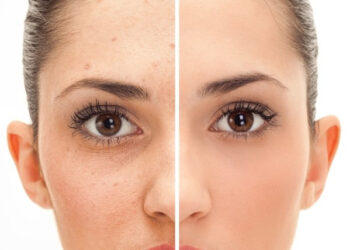
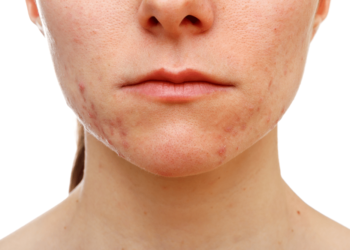
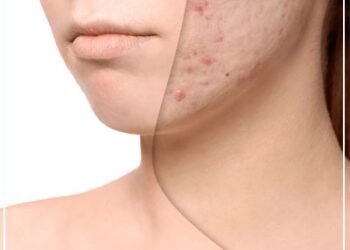
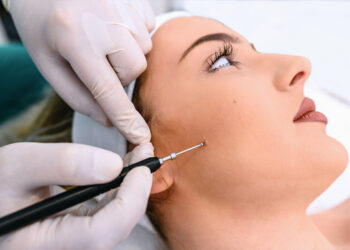
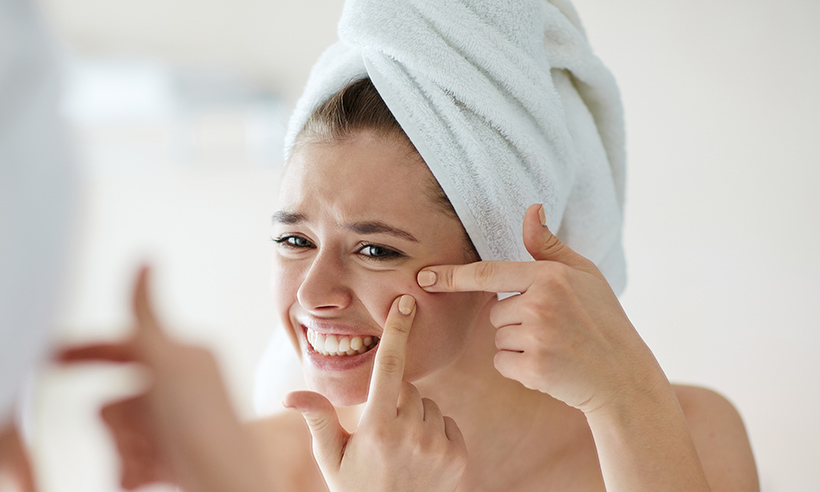
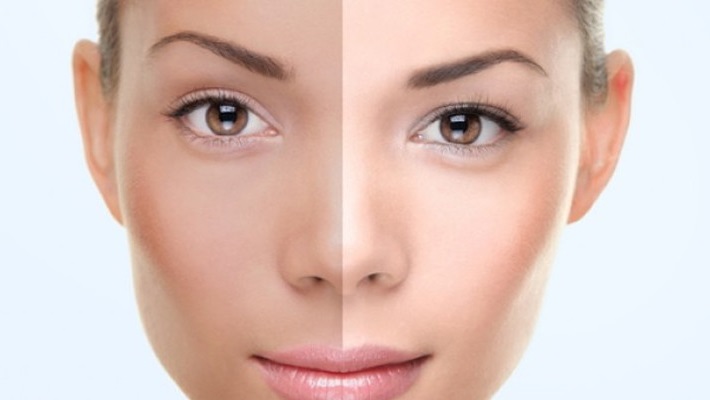
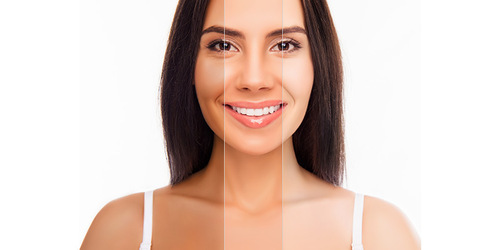
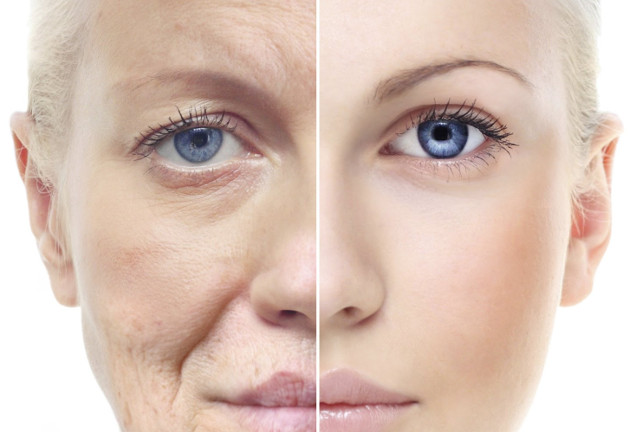
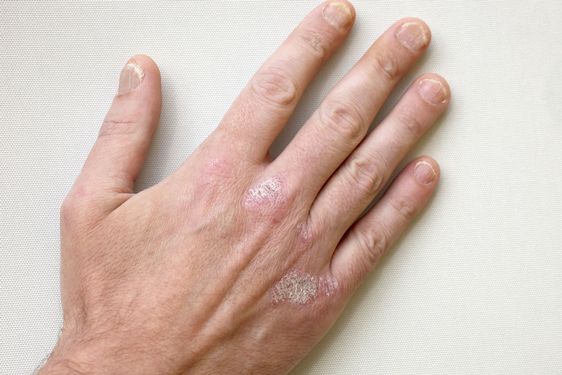













Discussion about this post